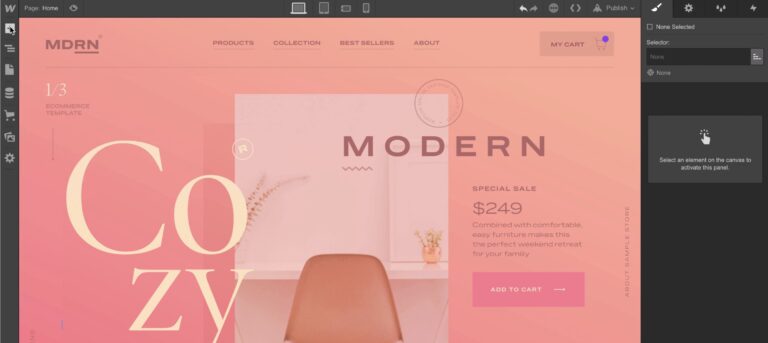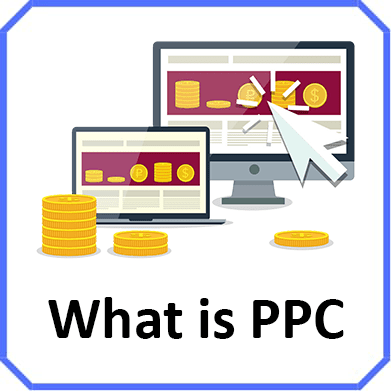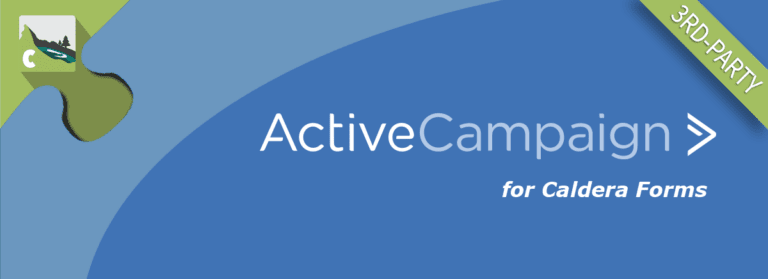Being the Indiana Jones of… Discovery?
Discovery is a term we use in this space to describe a process. The process, you ask? The process of discovery, silly! Specifically, this process is about gathering information about you, the client. Not only that, it’s an opportunity for us to figure out a lot of things about who you are and what you do as well as how we’ll fit.
However, discovery is about more than what we can research about you and what you do, it’s an opportunity for you as well. Sure, you can figure out if we’re the sort of folks you want to work with. What sort of dialogue exists? Are the conversations easy? Are they difficult? Does your team feel approachable or accessible? They should be. Take this time to see how they work during this time.
Building anything is a creative process, one that requires communication of course.
Getting down to the details…
When you’re building a site there’s a lot of things to know about it. While it seems crazy, I can’t tell you how many folks I’ve spoken with that have given little attention to the things asked during a proper discovery process.
There’s a lot of shit I need to know about you and what you’re wanting to do! Starting at the beginning, we wanna know who’s in charge. Yeah, that’s right! Who’s in charge of calling the shots. Is it just the client, or do they have a board to report to? Do they have siblings, or a spouse to get buy-in from? We’ve seen all sorts. I learned this one when working with one of our first Educational clients.
We want to know what YOU actually need from us. Sure, if you come to us wanting a site, that’s great. However, we find that that’s not what brings people to our porch. People, today, don’t “just want a website.” They’re solving a business problem by using technology. That’s great! Tell us about the problem you’re having. Let us know “where it’s hurting” and what you’ve already done about it previously. That helps us, your team, figure out a good way forward, as we put together a solution for you.
What merits success?
Setting goals is easy but achieving them isn’t. That’s why setting SMART goals – Specific, Measurable, Achievable, Realistic and Timely goals will help you get from point A to point B. I’ve asked clients this question: “What merits success?” I’ve gotten a wide range of responses, most realistic, some were “fuzzy” and others were, shall we say, unreasonable. If you’re starting from nothing, then it’s going to take time, no matter how bad ass the site is or how big a budget you might have.
What’s an idea of a SMART goal?
ex. 1 — In 6 months, I’d like have at least 100 visits per day and publish three pieces of unique content a week.
ex. 2 — I’d like to increase sales by 20% in this time period
ex. 3 — In 2 months I’d like to have a prototype of the project you’re building for me that I can show to the board of directors… etc
A SMART goal is attainable and reasonable. something you can feel confident about putting a calendar date on and discussing with other people. I talk to a lot of folks in a rush and I don’t work with those projects as much anymore as they cause too much stress and those driving such projects can’t generally be bothered with setting SMART goals. Do I sound bitter? Perhaps, but I’m just a veteran of this sort of thing and have seen how these interactions go, some positive and some not so much.
Define functional requirements
What pieces do you actually need to have in place for your project to work for you? Maybe you run an online store that requires a data feed import of products to be updated, daily. Perhaps, you need to be able to sell products to only certain parts of world; perhaps you need to integrate your solution with other 3rd party services. Whatever it is that you need, this is the time to get these out in the open and on the table.
Understanding all the pieces and communicating them to your team is a key component to having a custom-built solution that does what you need it to. Also, this is where, based on what you tell us, your team, we can provide insight into any technological challenges and hurdles we may have to overcome
Identify your customer
Everyone in a five-mile radius! I’ve had someone tell me that and while there may be some truth to it, it’s a question that requires a lot of thought. If you’re a local shop with items that can only be purchased, in-person, locally, then, okay. I get it. But just because your customers live around you doesn’t mean that’s all there is to know. Who comes to your shop? Who buys your stuff? Who do you want buying your stuff? What is the mindset of the customer you’re going after?
A simple case-in-point, there’s a local pub down the street from me called ‘Lucky Baldwin’s’. It’s a place known for two things having a wonderful, rotating beer selection and also being a great spot to catch a proper football game (not NFL). They don’t have “crap on tap” and their beers aren’t cheap, at $6 or more for a pint, given the selection. They’ve effectively said: If you’re a Coors Light guzzling NFL fan we’re not for you! And that’s okay, that pub has identified who they want to come through their doors! Lots of people like beer, but not everyone is a fan of paying a premium for craft beers.
So really think about who you want to do business with.
Get moving…
The discovery process isn’t free and, many times, agencies or service providers will do this initial work-up to determine if you are all a good fit. You should be doing the same during this time. Once this process is done, that’s when the fun stuff can begin, building, designing, mocking up, prototyping etc.
The discovery process can take time, but it’s worth it as it’s one of the most crucial aspects affecting the total outcome of your project. So take that time and get the most out of it
Get Notified When We Publish New Content!
Join more than 2,500 people who get our marketing automation, business marketing, and WordPress news!





